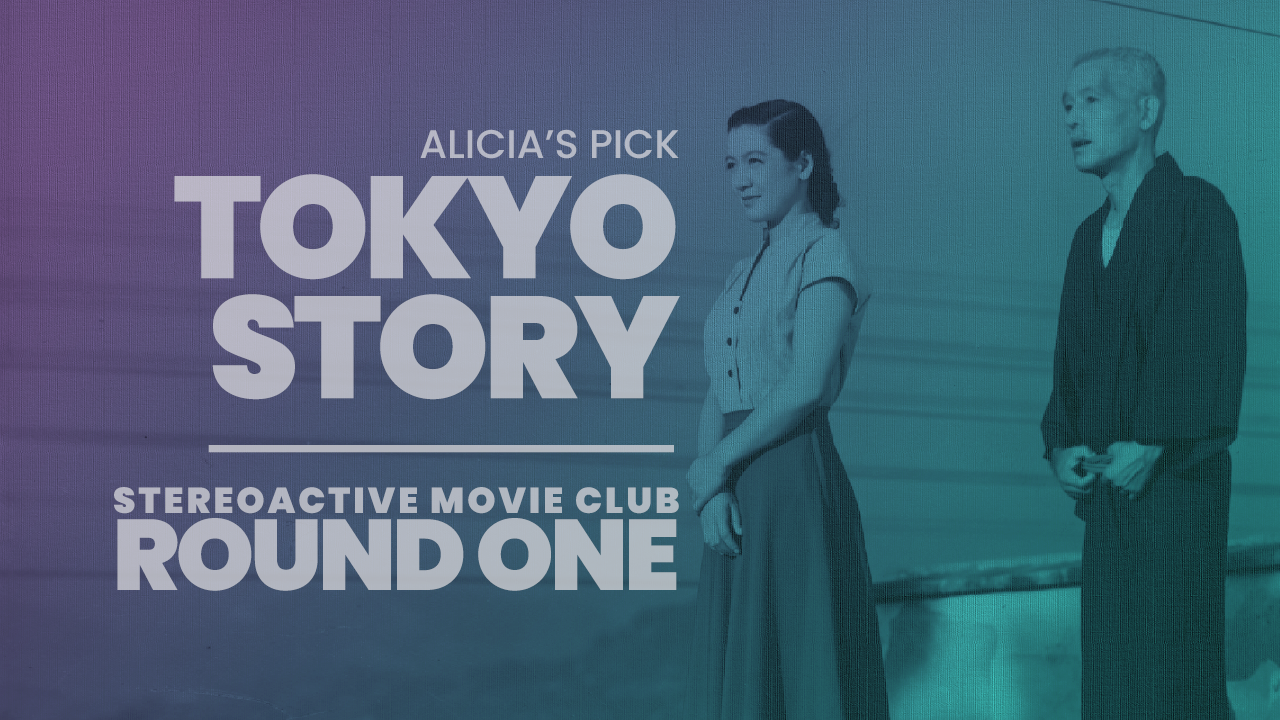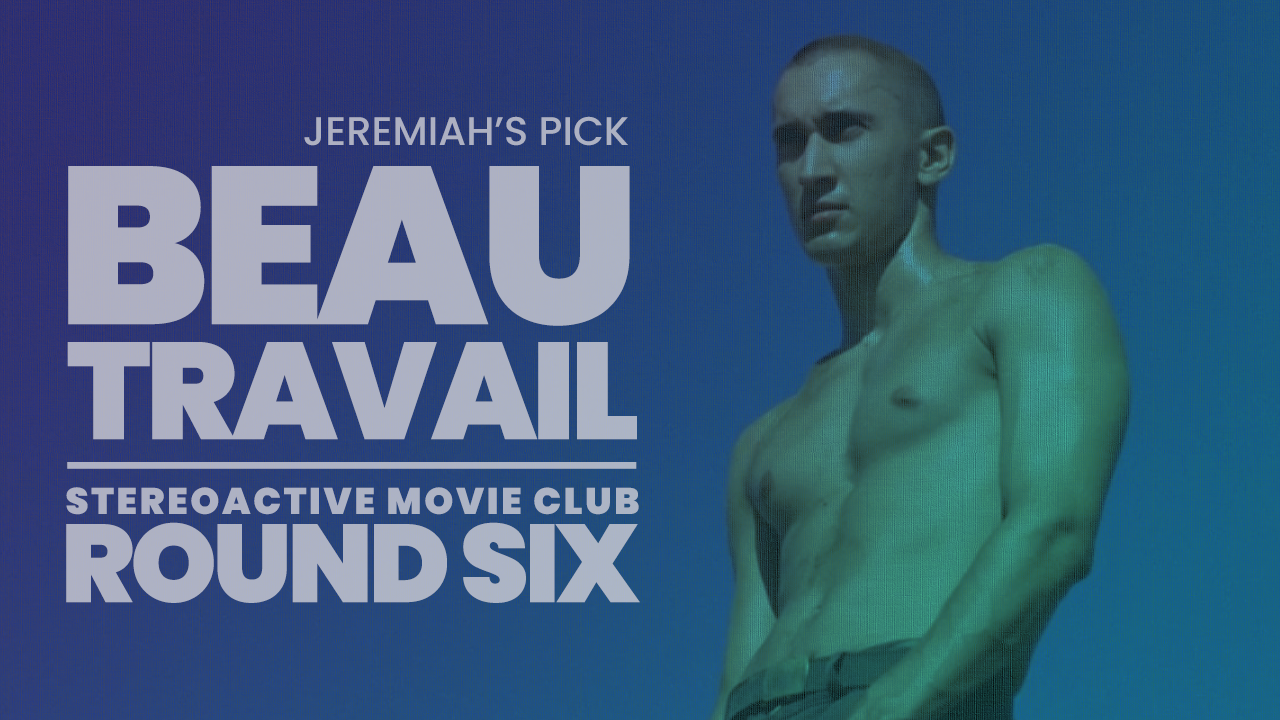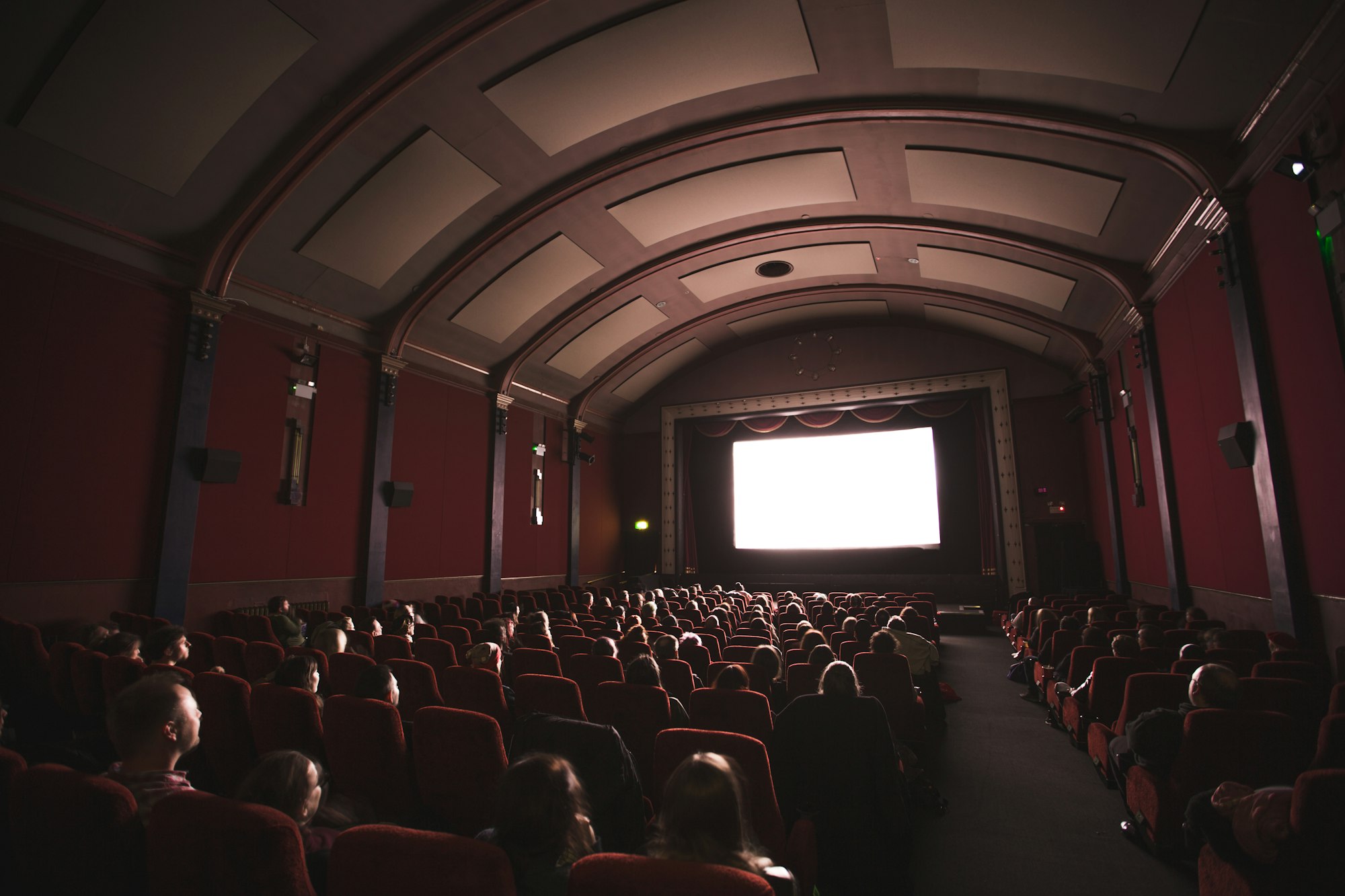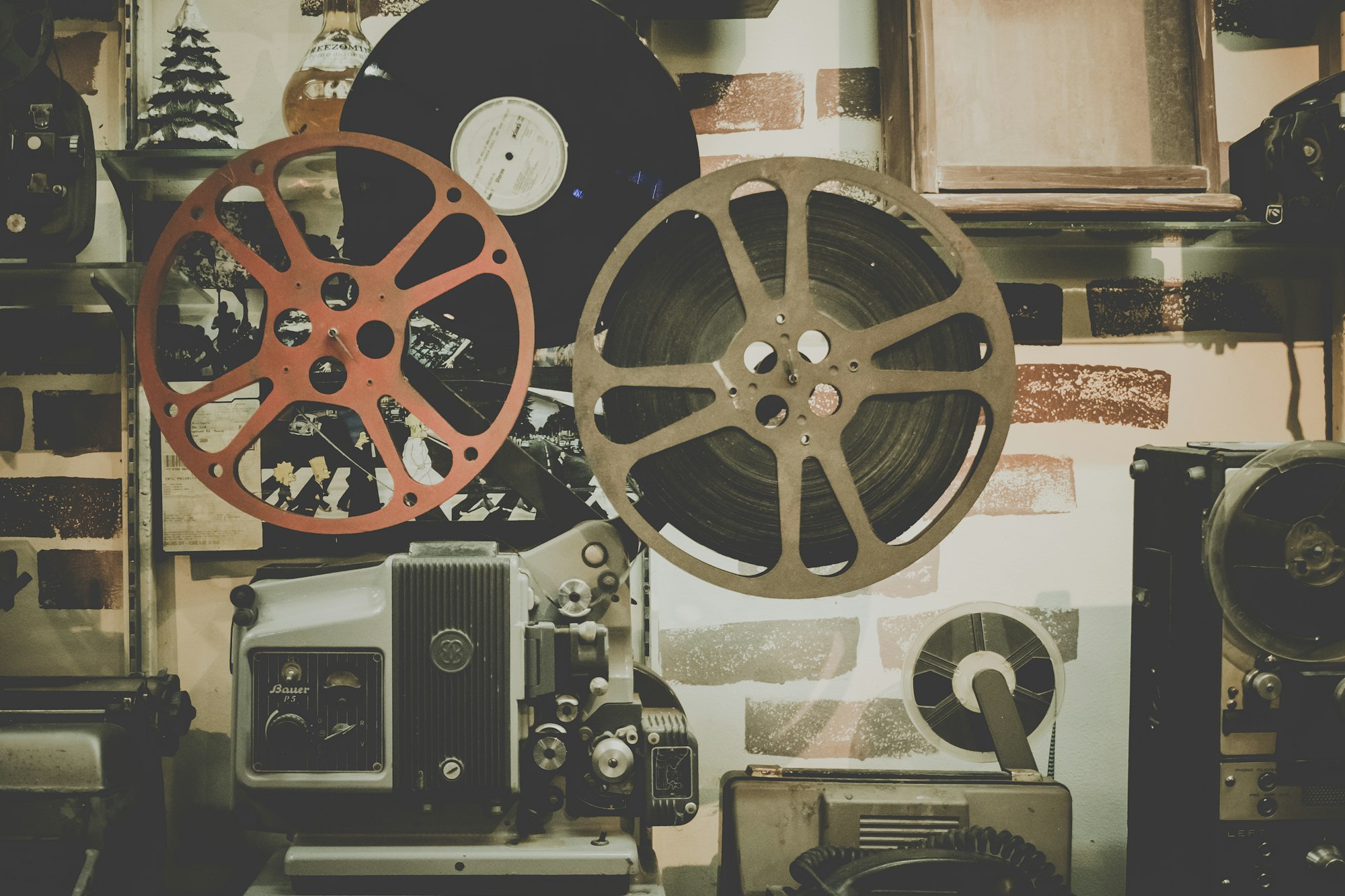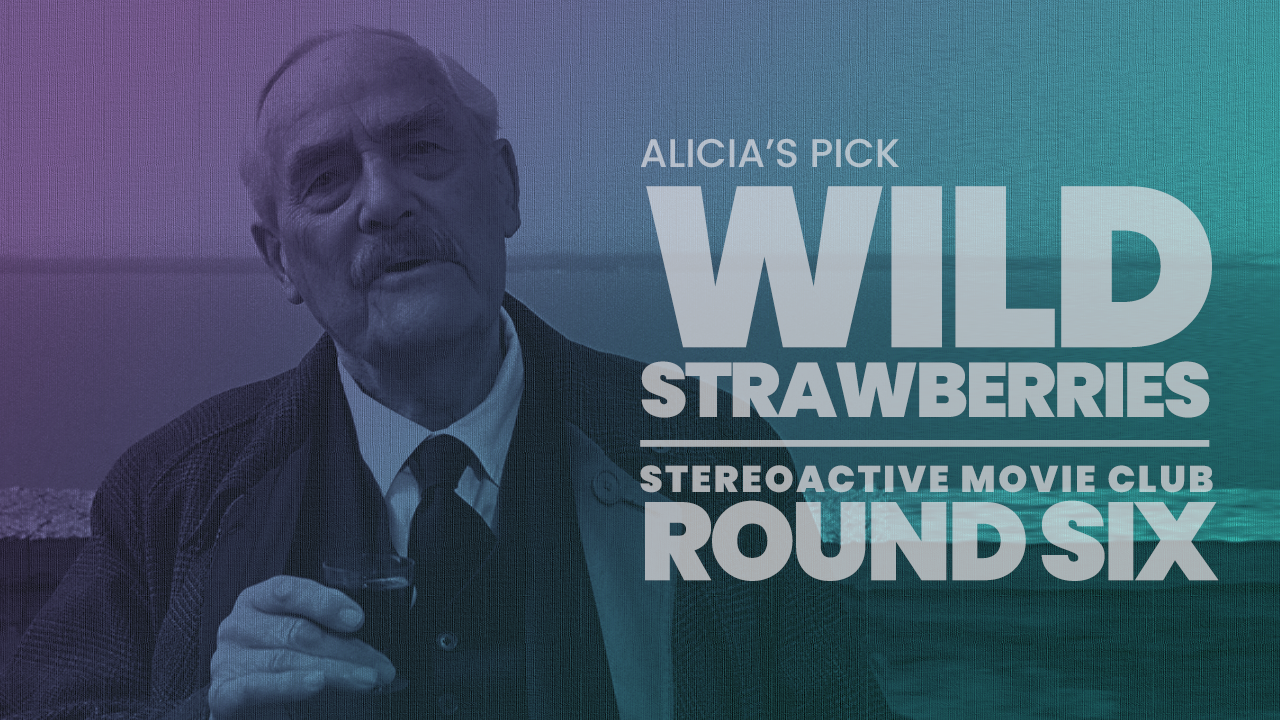Available on Goodpods, Apple Podcasts, Spotify, and anywhere else you listen to podcasts.
It’s Alicia’s pick… Released in 1953 and very loosely based on a 1937 American film called ‘Make Way for Tomorrow,’ ‘Tokyo Story,’ follows a retired couple living in a town in the southern part of Japan as they visit their grown children, who mostly live in Tokyo. Over the course of the film, the couple’s children have trouble managing time to spend with their parents, while their daughter in law, the widowed wife of the couples’ son who died in the war, does all she can to make them feel welcome and cared for. Eventually, the couple return home and the mother falls ill and dies soon after, prompting all the children to gather in their hometown to mourn. Directed by Yasujirō Ozu, whose career as a director began in 1927 with silent films, it is considered emblematic of the themes and style he’d already developed and would continue to develop over the course of the next decade before he died and also includes many actors he worked with often – perhaps most notably Chishū Ryū as the retired patriarch and Setsuko Hara as the caring daughter in law.
Even though ‘Rashomon,’ directed by fellow Japanese filmmaker, Akira Kurosawa had introduced many people in the West to Japanese cinema, Ozu’s work was deemed “too Japanese” by some and it did not begin to gain attention in the West until a few years after this film’s release. Filmmaker and critic, Lindsay Anderson, after seeing it in London in 1957 wrote a review for Sight and Sound magazine titled “Two Inches off The Ground,” likening the film to the idea that to achieve a Zen state is to experience the world in the same way as before, but feel as if you’re 2 inches off the ground. And the film became more popular in the United States after a screening in New York in 1972. Newsweek’s review said it was "like a Japanese paper flower that is dropped into water and then swells to fill the entire container with its beauty."
The film has been on the Sight & Sound critics poll of the “greatest films ever made” 3 times: #3 in 1992, #5 in 2002, and #3 again in 2012 (just behind ‘Vertigo’ and ‘Citizen Kane’). And the Sight and Sound directors poll ranked it as the greatest film ever made in 2012, just ahead of 2001: A Space Odyssey and Citizen Kane, which tied for 2nd.
For more information on this podcast, including where it's available, please visit the show's homepage.

